Bildung is a German word for education, cultivation, personal formation and character, emotional and moral development, and maturation combined. Definitions abound, and we will never be done with exploring and defining them.
Our currently shortest way of defining bildung is that it is two different kinds of knowledge:
The easily transferable kind of knowledge, which can be academic or practical, and where we can always expand our horizon. We can thus refer to it as horizontal knowledge and/or development.
The almost impossible to transfer kind of knowledge, which comes from life experience, particularly pushbacks. It is our emotional and moral development, our emotional depth and upbringing, and we can refer to it as vertical knowledge and/or development.
The combination of horizontal and vertical knowledge and development is bildung.
The German philosopher Friedrich Schiller described three kinds of people:
- People in the throes of their emotions
- People dominated by the norms of society and the expectations of others
- Free people
This development, the process as well as the result, according to Schiller, is bildung.
Bildung explained in 2 minutes:
Bildung explained in 7 minutes:
The Nordic Secret
The book The Nordic Secret has the following definition:
Bildung is the way that the individual matures and takes upon him- or herself ever bigger personal responsibility towards family, friends, fellow citizens, society, humanity, our globe, and the global heritage of our species, while enjoying ever bigger personal, moral and existential freedoms. It is the enculturation and life-long learning that forces us to grow and change, it is existential and emotional depth, it is life-long interaction and struggles with new knowledge, culture, art, science, new perspectives, new people, and new truths, and it is being an active citizen in adulthood. Bildung is a constant process that never ends.
The Bildung Manifesto
The Global Bildung Network has a definition of bildung in the Global Bildung Manifesto: https://www.globalbildung.net/manifesto/
Books and more about bildung
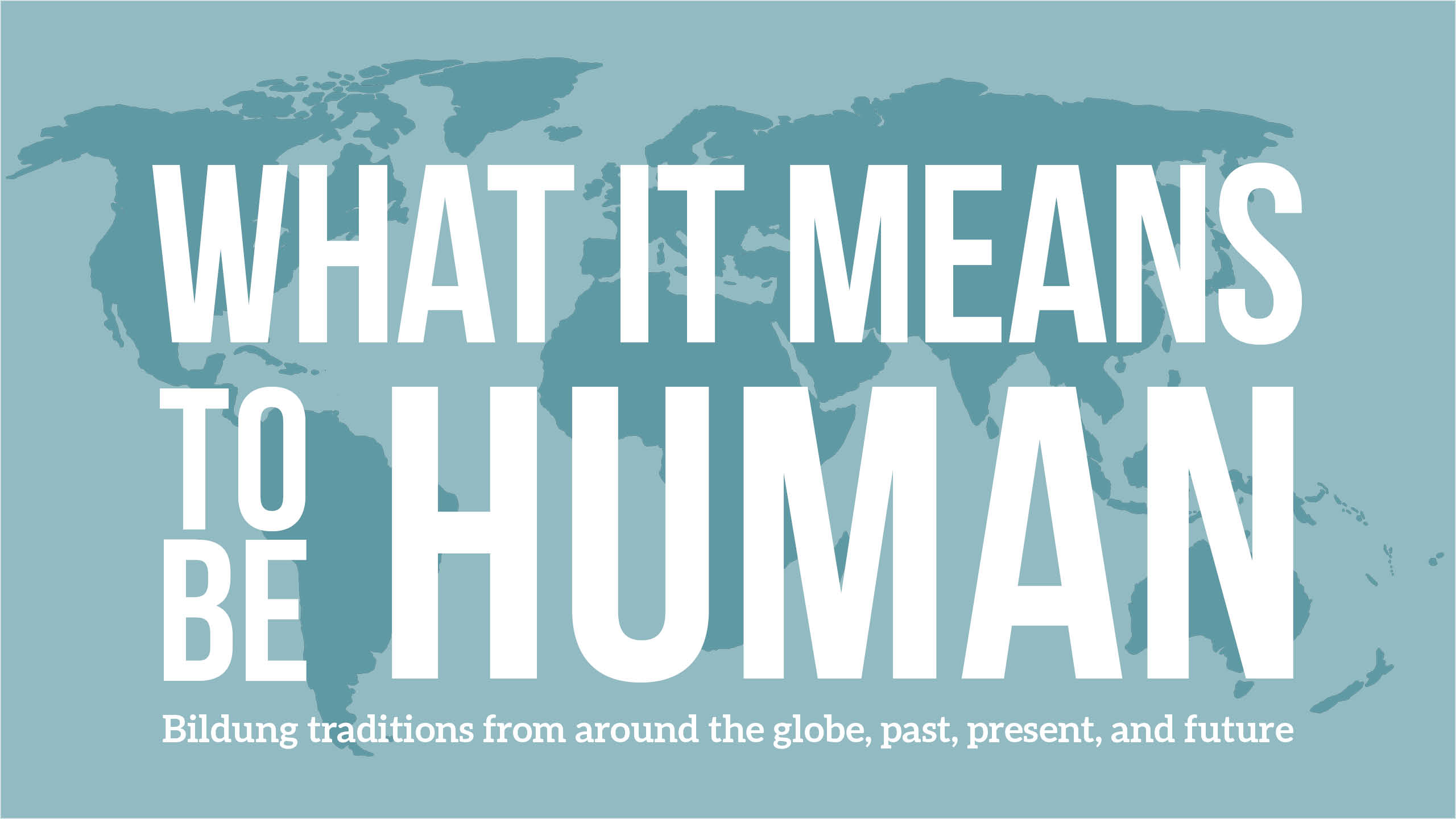
Bildung traditions from around the globe, past, present, and future. A global anthology from 2024.
More about the book here: https://www.nordicbildung.org/what-it-means-to-be-human/
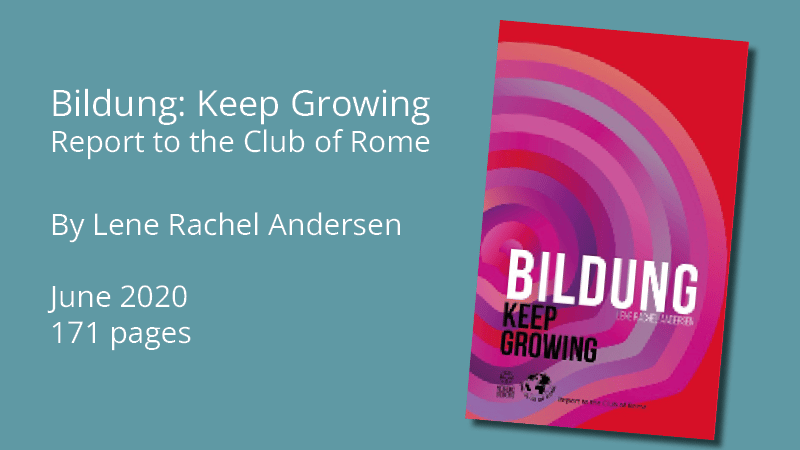
Lene Rachel Andersen’s book about bildung that we published in 2020.
More about the book here: https://www.nordicbildung.org/bildung/
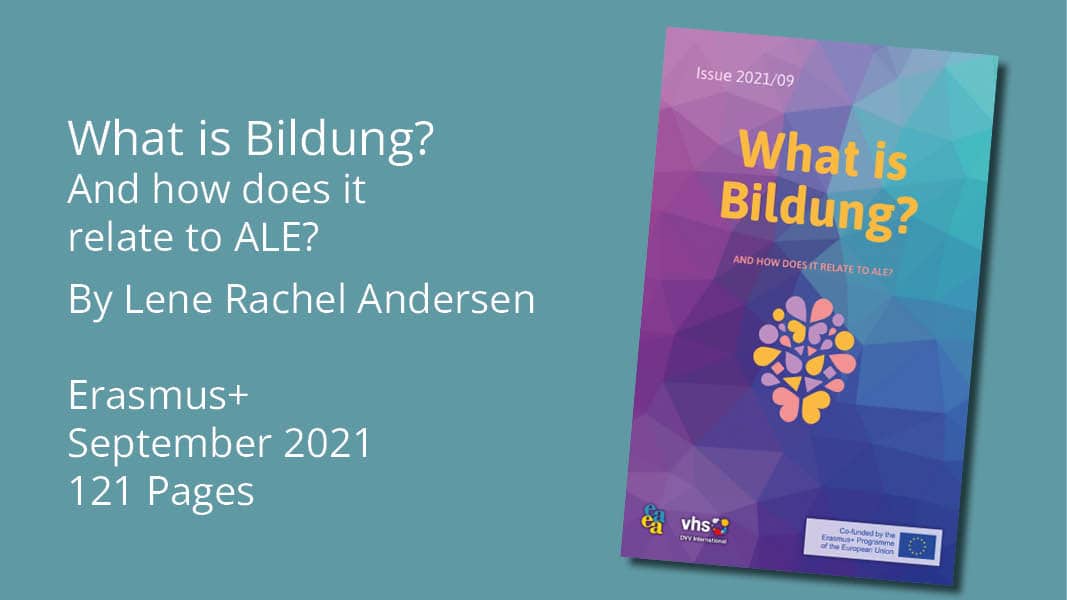
This online publication by Lene Rachel Andersen is part of an Erasmus+ project about bildung that is directed by the European Association for Education for Adults: https://eaea.org/project/bildung/?pid=14921
A conversation about bildung and developmental psychology with Danish professor of pedagogical psychology, Lene Tanggaard, and American professor of psychology, Gregg Henriques.
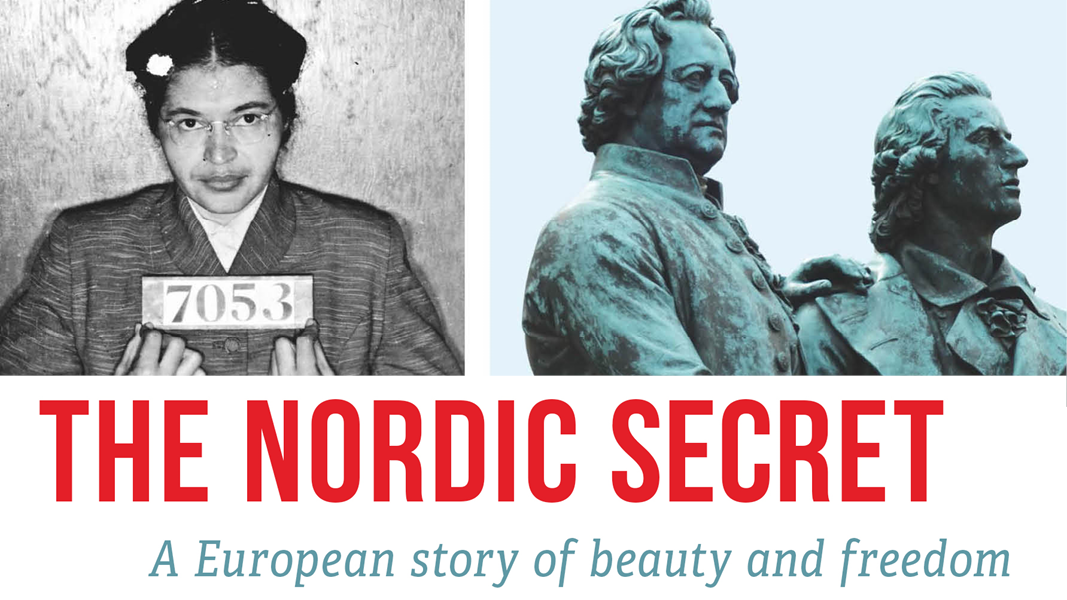
Lene Rachel Andersen’s book about how folk-bildung transformed the Nordic countries. https://www.nordicbildung.org/the-nordic-secret/
